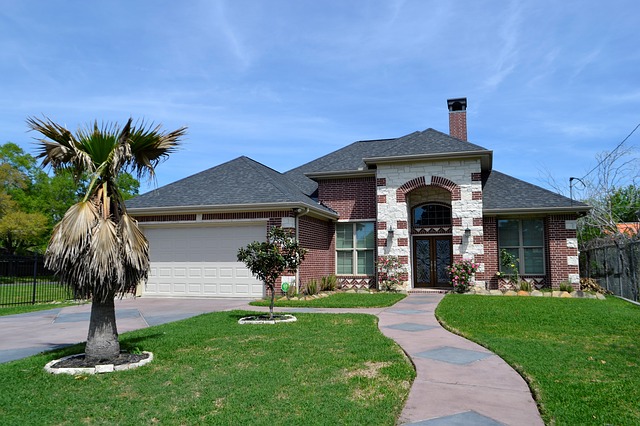Introduction
When it comes to refrigerators, one common question that often arises is, “How long does a refrigerator take to get cold?” The answer to this question can vary depending on various factors, such as the initial temperature, the size of the refrigerator, the surrounding environment, and the refrigerator’s energy efficiency. In this article, we will dive deeper into the topic and explore the factors that influence the time it takes for a refrigerator to reach its desired cold temperature.
Factors Affecting Refrigerator Cooling Time
Initial Temperature: The starting temperature of the refrigerator plays a significant role in determining how long it takes to reach the desired cold temperature. If the refrigerator is already at room temperature, it will take less time to cool down compared to a refrigerator that has been sitting at a higher temperature for an extended period.
Size of the Refrigerator: The size of the refrigerator also affects the cooling time. Larger refrigerators generally take longer to cool down due to the larger volume of air and food items inside that need to be cooled. On the other hand, smaller refrigerators with less space to cool down may reach the desired temperature relatively quickly.
Surrounding Environment: The ambient temperature of the room where the refrigerator is located can impact its cooling time. If the room is hot, the refrigerator will need to work harder to cool down, resulting in a longer cooling time. Conversely, if the room is already cool, the refrigerator may require less time to reach the desired temperature.
Energy Efficiency: The energy efficiency of the refrigerator also plays a role in determining its cooling time. Energy-efficient models are designed to cool down more quickly, thanks to advanced cooling systems and insulation. These refrigerators are often equipped with features such as rapid cooling modes or turbo cool settings that can help speed up the cooling process.
Tips to Reduce Refrigerator Cooling Time
If you are looking to reduce the cooling time of your refrigerator, here are a few tips that might help:
Keep the Refrigerator Door Closed: Opening the refrigerator door frequently can cause warm air to enter, which can increase the cooling time. To minimize this, make sure to keep the refrigerator door closed as much as possible.
Allow Space for Air Circulation: Ensure that there is enough space around the refrigerator for proper air circulation. This allows the refrigerator’s cooling system to work efficiently and can help reduce cooling time.
Set the Temperature Correctly: Make sure that the refrigerator is set to the desired temperature. Setting it too low can increase the cooling time, while setting it too high may not provide adequate cooling.
Conclusion
The time it takes for a refrigerator to get cold depends on various factors, including the initial temperature, size of the refrigerator, surrounding environment, and energy efficiency. While there is no specific timeframe that applies to all refrigerators, following the tips mentioned above can help reduce the cooling time. Ultimately, it is important to allow the refrigerator sufficient time to reach its desired cold temperature before storing perishable items.
References
– www.energy.gov
– www.consumerreports.org
– www.thespruce.com












